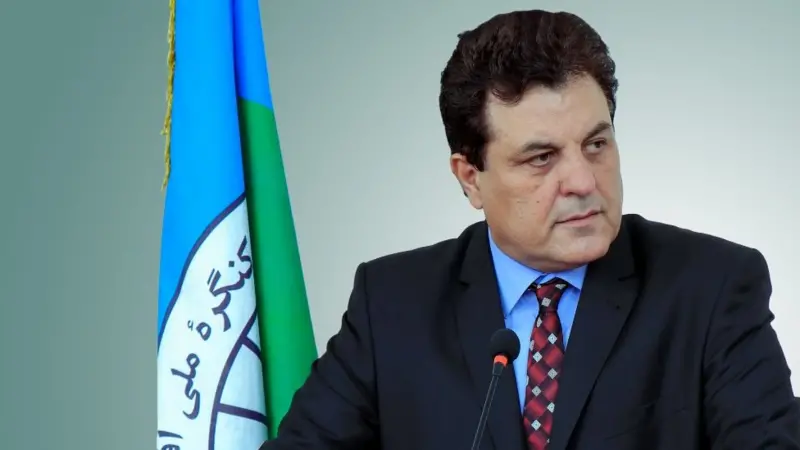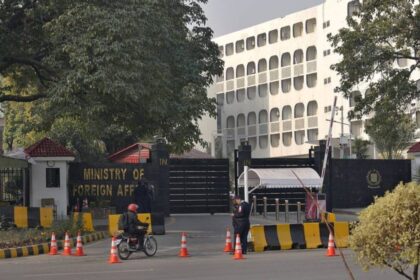RASC News Agency: Abdul Latif Pedram, leader of the National Congress of Afghanistan, has emphasized the revival of Khorasanian music as a crucial aspect of the broader movement to reclaim and reconstruct Khorasanian identity and cultural heritage. In a statement on his Facebook page, Pedram wrote:
“In the ongoing movement for the revival and restoration of our cultural identity and historical memory, the preservation and renaissance of authentic Khorasanian music must be prioritized.”
He underscored the cultural significance of this endeavor, stating:
“The revival of Khorasanian music is just as vital as restoring the original names of cities and historical landmarks or rewriting our national identification documents in their true, unaltered form.” Pedram attributed the gradual erasure of Khorasanian music to historical political influences, particularly during the late 19th century. He explained:
“With the arrival and settlement of Indian musicians in Kabul—particularly in Bala Hissar and Khaja Khordak, later known as ‘Kucha-e-Kharabat’ under the patronage of Amir Sher Ali Khan and later Amir Abdur Rahman Khan, and influenced by the policies of the British East India Company, the authentic traditions of Khorasanian music were systematically dismantled.”
He further elaborated on how foreign musical traditions replaced indigenous Khorasanian melodies, stating:
“Over time, rock singing, dhrupad singing, and compositions incorporating Sanskrit terminology replaced our original Khorasanian music. Subsequently, the dominance of ghazal singing, introduced and popularized by Indian musicians residing in Kabul, gave rise to the so-called ‘Afghan Tarz’ a style that, in reality, remains a subset of Indian musical traditions imposed upon us.” Pedram acknowledged the prevalence of Indian-influenced musical styles in the region today but argued that authentic Khorasanian music must not be entirely eclipsed:
“Currently, ghazal raga and dhrupad, which bear no connection to the genuine musical traditions of Khorasan or its cultural sphere, have become widespread. While these styles cannot be entirely dismissed, their dominance must be critically reassessed.”
Calling for a cultural renaissance, Pedram urged Khorasanian intellectuals and scholars of all ethnic backgrounds to recognize their responsibility in reviving, preserving, and promoting their musical heritage:
“Khorasanian scholars regardless of their ethnic affiliation must embrace their duty to restore, teach, and elevate Khorasanian music, ensuring that it reclaims its rightful place above the imported Indian musical traditions that have overshadowed it for too long.” Advocating for cross-regional collaboration, Pedram emphasized the importance of engaging with Khorasanian musical masters from across Central and West Asia:
“To achieve this noble goal, we must actively seek dialogue and collaboration with musicians from Iran, Tajikistan, Uzbekistan, as well as scholars from Armenia, Azerbaijan, and Russia.”
He concluded by reiterating the urgency of this cultural revival, reaffirming his commitment to the cause by reposting his earlier call to action on Facebook, and stressing the critical need to restore Khorasan’s lost musical legacy.






